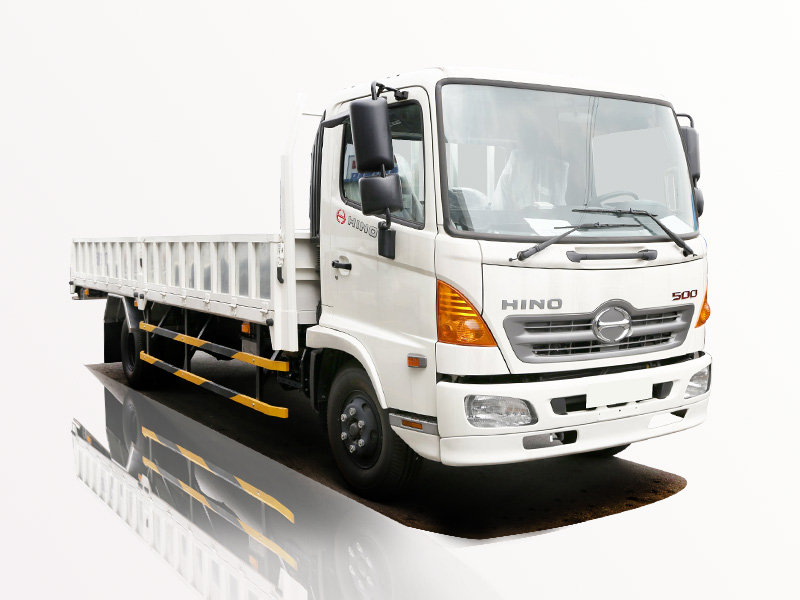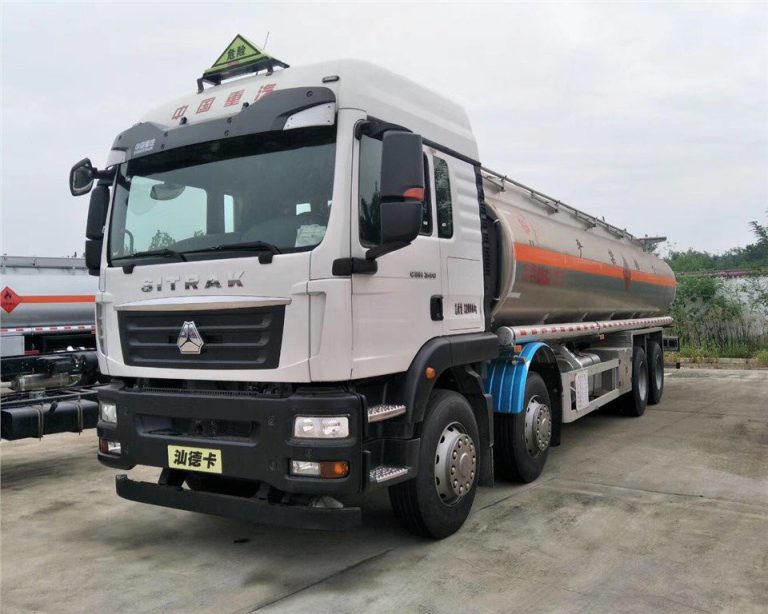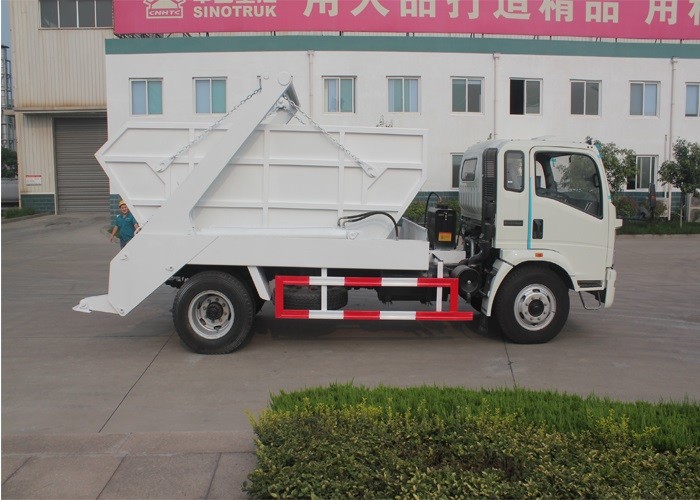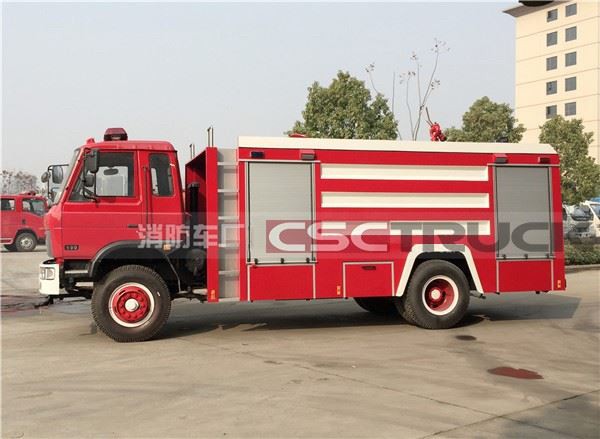Trash trucks are not just big vehicles that pick up garbage; they are essential to urban infrastructure and environmental health. This article dives into the fascinating world of trash trucks in action, discussing their types, mechanisms, routes, challenges, environmental impact, and the future of waste management. We aim to provide a comprehensive understanding of how these machines operate and their vital role in keeping our cities clean.
The Role of Trash Trucks in Modern Society
Understanding trash trucks begins with recognizing their role in society. These vehicles ensure that waste is collected efficiently and disposed of properly. Without them, communities would face overwhelming sanitation issues, affecting public health and environmental stability.
The History of Trash Trucks
Trash collection has come a long way since the days of horse-drawn wagons. The introduction of motorized trash trucks began in the late 19th century. Early models were basic and inefficient, but technological advances have led to the sophisticated machines we see today.
Key Functions of Trash Trucks
- Waste Collection: Daily or weekly collection of household waste.
- Recycling: Many trucks are equipped to separate recyclable materials.
- Hazardous Waste Collection: Specialized trucks handle hazardous materials, ensuring safe disposal.
Types of Trash Trucks
Trash trucks come in various forms, each designed for specific waste management needs. Here are the primary types of trash trucks in action:
Rear-Loaders
Rear-loader trucks have a large opening at the back, allowing waste to be loaded directly. They are commonly seen in residential areas.
Front-Loaders
Front-loader trucks are designed for commercial waste collection, using a hydraulic system to lift waste containers into the truck’s front.
Side-Loaders
Side-loaders use robotic arms to collect waste, making them more efficient for automated residential collections.
Roll-Off Trucks
Roll-off trucks are equipped with a container that can be rolled off for easy waste disposal, ideal for construction sites.
Compacting Trash Trucks
These trucks compress waste to maximize storage, thereby reducing the frequency of trips to disposal sites.
The Mechanics of Trash Trucks in Action
Understanding how trash trucks operate helps appreciate their complexity and importance.
Loading Mechanisms
Modern trash trucks use sophisticated loading mechanisms, including:
- Hydraulic Lifts: Employed in front-loaders and roll-off trucks for lifting containers.
- Automated Arms: Used in side-loaders to grab and dump bins with minimal manual labor.
Compaction Systems
Compaction systems are vital for maximizing space within the truck. They reduce the volume of waste, allowing each truck to carry more without needing to make additional trips. This leads to:
- Less fuel consumption
- Lower emissions
- Increased efficiency
Routes and Operations of Trash Trucks
Routes are crucial for efficient trash collection. They are usually designed based on factors like community density, traffic patterns, and the type of waste being collected.
Route Optimization
Sanitation departments utilize route optimization software to create efficient paths that minimize fuel consumption and time. This software takes into account:
- Traffic conditions
- Geographical layout
- Disposal site locations
Challenges in Waste Collection
Trash trucks face several challenges during their operations:
- Traffic Conditions: Heavy traffic can lead to delays in collection.
- Weather: Rain, snow, or extreme heat can affect operations and safety.
- Public Awareness: Misplaced items can obstruct collection processes.
The Environmental Impact of Trash Trucks
Trash trucks significantly impact the environment, both positively and negatively.
Positive Impacts
- Improved Sanitation: Effective waste management reduces pollution and health risks.
- Recycling Promotion: Many trucks are designed to support recycling initiatives.
Negative Impacts
- Air Pollution: Garbage trucks can emit harmful substances if not properly maintained.
- Noise Pollution: The operational sounds of trash trucks can disturb residential areas.
Innovations in Trash Truck Technology
The waste management industry embraces innovation to improve efficiency and environmental responsibility.
Electric and Hybrid Trash Trucks
With growing concerns over greenhouse gas emissions, electric and hybrid trash trucks are gaining popularity. Benefits include:
- Reduced emissions
- Lower fuel costs
- Quieter operation
Smart Trash Trucks
Technology allows for real-time tracking and data collection, providing robust analytics that aid in route optimization and maintenance schedules.
Practical Tips for Effective Waste Management
Residents can contribute to effective waste management alongside municipal efforts. Here are some tips:
- Separate Waste: Properly segregate recyclables, compost, and general waste.
- Reduce Waste: Implement practices like buying in bulk and avoiding single-use plastics.
- Stay Informed: Know your local waste collection schedule and guidelines.
Future of Trash Trucks and Waste Management
As technology progresses, the future of trash trucks looks promising. Integrating AI, IoT, and enhanced automation will affect waste management strategies globally. Expectations include:
- More efficient routing and scheduling
- Better community engagement through interactive platforms
- Advanced recycling processes and materials recovery
Frequently Asked Questions
1. What types of waste do trash trucks collect?
Trash trucks primarily collect household waste, recycling materials, and yard debris. Some specialized trucks handle hazardous materials.
2. How can I ensure my waste is collected on time?
Follow your community’s waste collection schedule, place bins out on time, and avoid overloading them.
3. Are trash trucks environmentally friendly?
While traditional trash trucks emit pollutants, many cities are adopting electric or hybrid models to reduce their carbon footprint.
4. How often do trash trucks come in my area?
Collection frequency varies by community—most residential areas have weekly service, while commercial collections may be more frequent.
5. Can I recycle in my trash truck?
Yes, many trash trucks are designed to collect both trash and recyclables. Check local guidelines for correct disposal methods.
6. What should I do if my trash isn’t collected?
If collection is missed, contact your local waste management authority as soon as possible for guidance and to report the issue.



